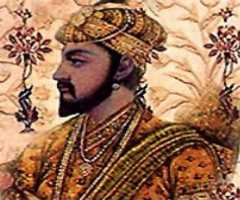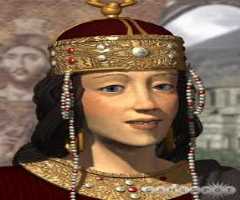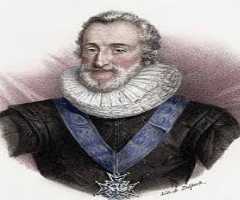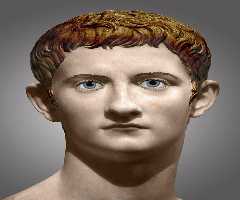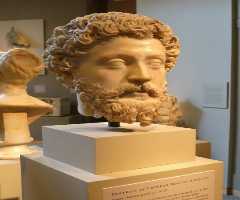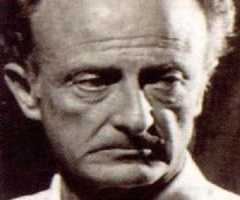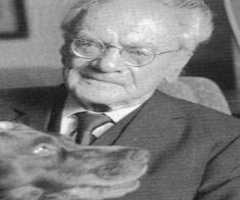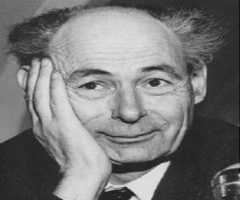Leopold II Biography, Life, Interesting Facts
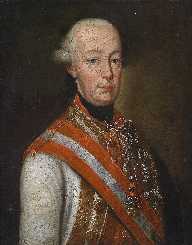
Birthday :
Died On :
Birth Place :
Zodiac Sign :
Leopold II
Leopold II was the crowned King of Bohemia and Hungary of the Holy Roman Empire. He was birthed from the Royal Family and held several titles such as Holy Roman Emperor, Grace of God, Archduke of Austria, Grand Prince of Transylvania, Prince of Brabant, and the Duke of Burgundy to name a few. He died at the age of 44 on 17 December 1909, in Vienna. Speculations regarding his cause of death range from being secretly murdered to being poisoned.
Personal Relations
Leopold II married Infanta Maria Luisa of Spain, the daughter of Maria Amalia of Saxony and Charles III of Spain, on August 5, 1764. All in all, he had sixteen children comprised of eight sons and eight daughters. His eldest son, Emperor Francis II, succeeded his throne. It is widely known that Leopold has had several extra-marital affairs, most especially in Florence.
The Birth of a King from Royal Lineage
Born on May 5, 1747, as Peter Leopold Joseph Anton Joachim Pius Gotthard in Vienna, Austria at the Holy Roman Empire, he was the third son of Empress Maria Theresa and Emperor Francis I. His siblings include Marie Antoinette, the Queen of France and the Holy Roman Emperor Joseph II. He first received educations for the priesthood before entering formal education.
When he was six years old, Leopold was engaged to Maria Beatrice d’Este, the heiress to the Duchy of Modena in 1753. However, their engagement did not come to fruition. The heiress to the Duchy of Modena was married instead to Archduke Ferdinand, Leopold’s brother.
Succeeding the Title and Reign as King
Upon the death of his older brother Charles in 1761, Leopold succeeded the title of Grand Duchy of Tuscany, which was previously held by their father. As the Grand Duke of Tuscany, he started the first five years of his reign under the advice and supervision of his counselors, who was appointed by his mother.
He also introduced a new way of taxation, which proved to be a rational system that reduced the rates of taxes. Despite being considered as covetous by some of his subjects and the people, he managed to lead the grand duchy to the material prosperity of high level.
One of his most notable promulgations as King is the permanent abolition of capital punishment. On November 30, 1786, he declared the reformation of the penal code for the abolition of the death penalty as well as the banning of torture. Following this declaration, he ordered the destruction of all equipment used for the death penalty.
Aside from that, he also welcomed and developed several social and economic reforms. Included in these reforms is the hospitalization of those who are defined as mentally ill, the first to do so in the whole of Europe. He declared this law as “LeggesuiPazzi” which translates to “Law on the Insane” on January 23, 1774.
Following his promulgation of the said law, he established a hospital called Bonifacio Hospital, which took under its wings the caring and for patients who are suffering from mental illnesses. He also addressed the necessary institution for the rehabilitation of juvenile delinquents and the availability for smallpox inoculation for the public.
More Emperors
More People From Austria
-
![Karl Landsteiner]()
Karl Landsteiner
-
![Fred Zinnemann]()
Fred Zinnemann
-
![Niki Lauda]()
Niki Lauda
-
![Karl von Frisch]()
Karl von Frisch
-
![Friedensreich Hundertwasser]()
Friedensreich Hundertwasser
-
![Erwin Schrödinger]()
Erwin Schrödinger
